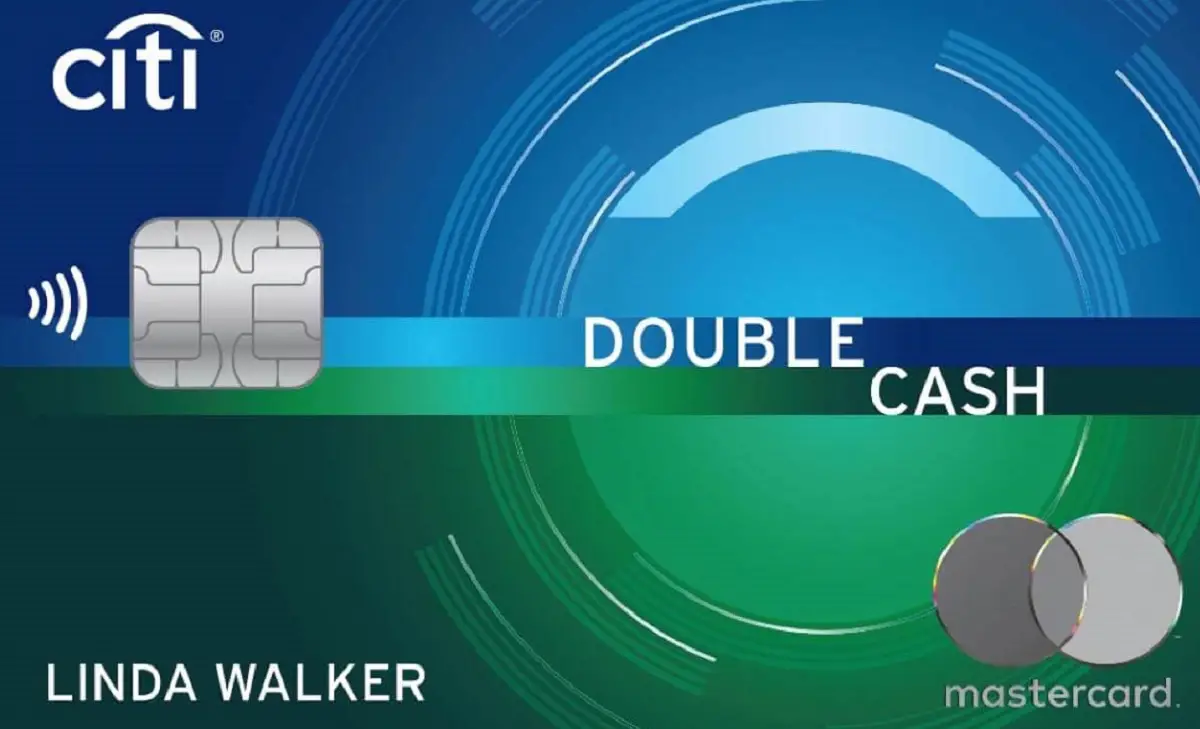Here why you Citi’s Double Cash Card $200 sign up bonus is not taxable.
Earlier last year, in search of a good, all-rounder cash back credit card I came across Citi’s tried-and-true Double Cash Card. With 2% cash back on all purchases, no ifs, and, or buts. applying for and using this card was a no-brainer.
On top of the cash back rewards the card came with a sweet, $200 welcome bonus if I spent $200 within the first six months which, for me, or anyone with a couple hundred in rotating bills, is no problem to hit.
Fast forward several months later and I’m listing everything I need to declare taxes on and I remember the $200 worth of rewards points that I redemmed (and put into my HYSA) shortly after hitting $1500 worth of purchases.
The $200 question is do I have to declare and pay taxes on that $200 Citi Double Cash Card welcome bonus?
According to CNBC’s Elizabeth Gravier, no!
“Generally, the IRS categorizes redemption of credit card rewards and frequent flyer miles as non-taxable.”
“Instead of being seen as income, “they are treated as rebates or discounts on what you purchased,” Steven Rossman, CPA and shareholder at accounting firm Drucker & Scaccetti, tells Select.”
Simply put, since I had to spend money to get this sign-up/welcome bonus, it’s, as mentioned, treaded as a rebate or discount.
This goes for any sign-up bonus with a similar stipulation.
In contrast, the $200 sign-up bonus I got from Discover for putting in $25,000 into their high-yield savings account? That, and the interest I earned, is all taxable.
Since I didn’t have to spend any money, just transfer from my bank account to Discover, I technically did no spending and, as such, the IRS deems that sign-up bonus money as taxable income.
So, if you signed up for the Citi Double Cash Card and got the $200 bonus after spending $1500 within 6 months, that’s non-taxable, baby.
